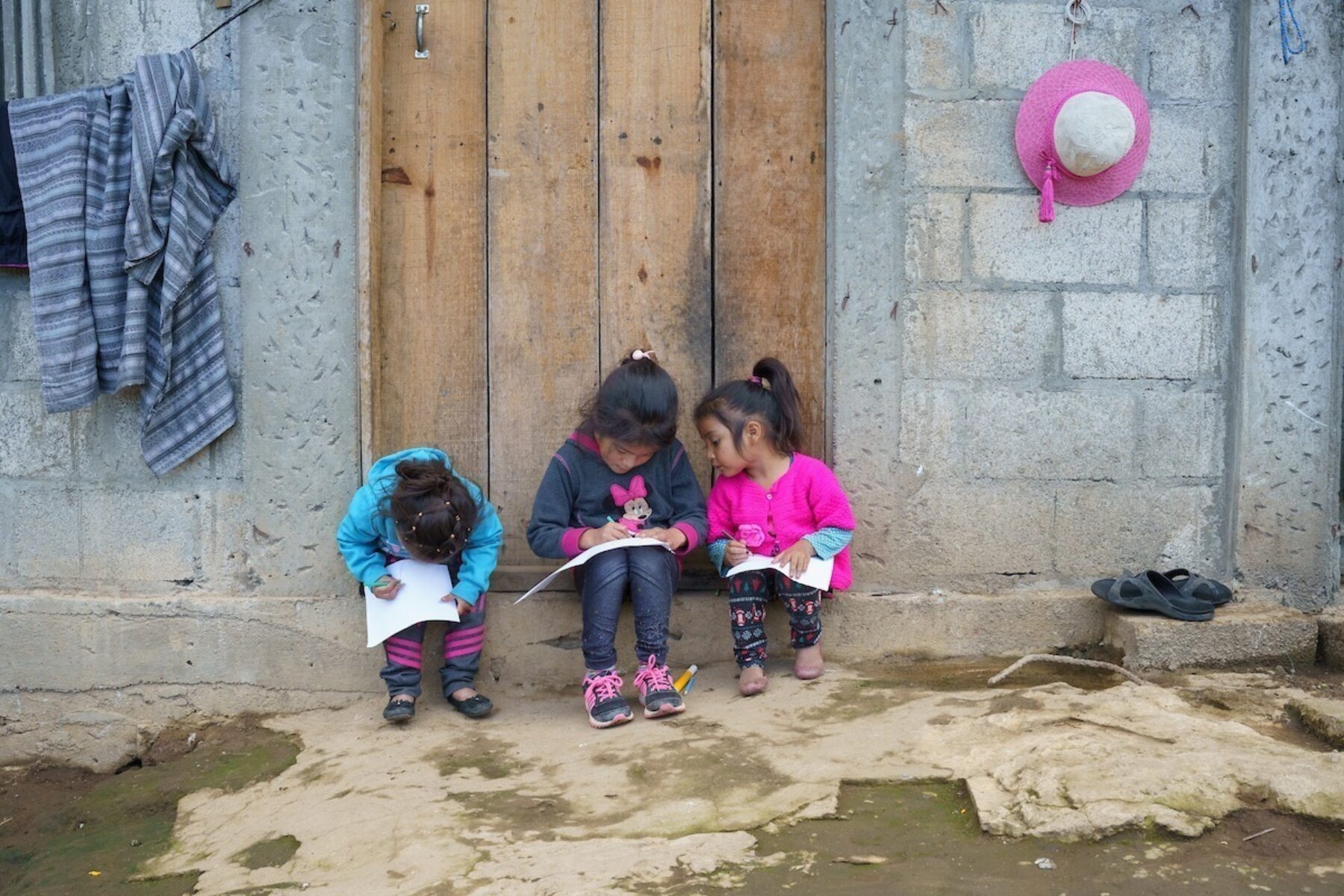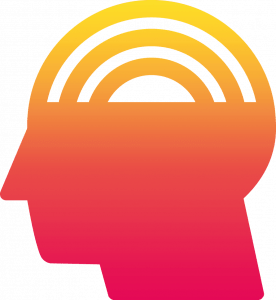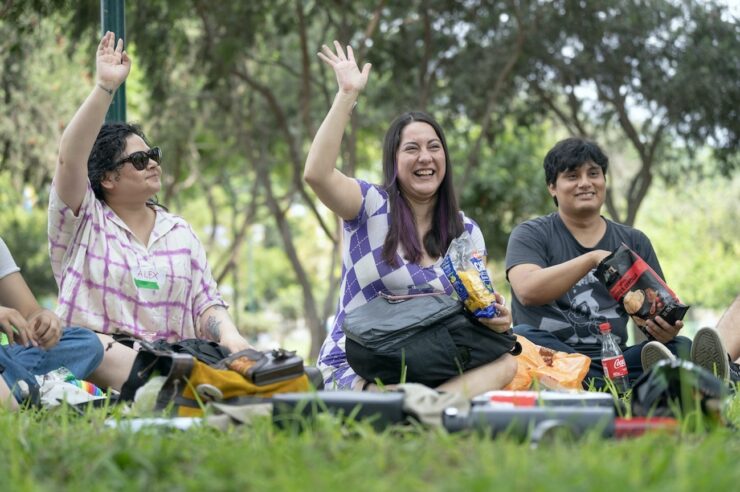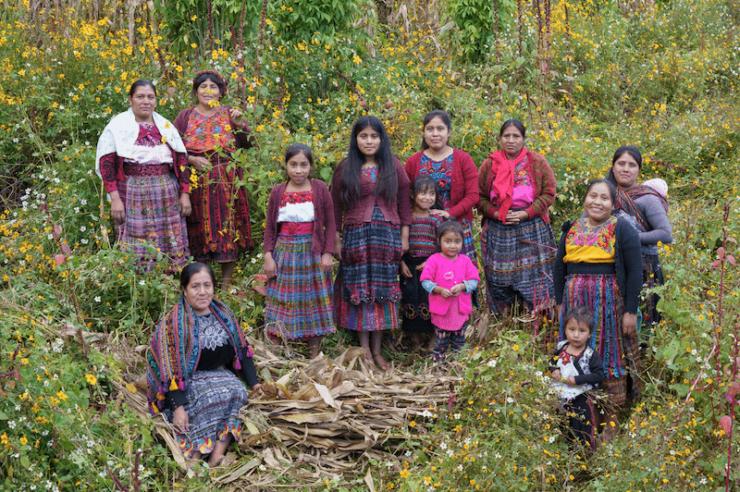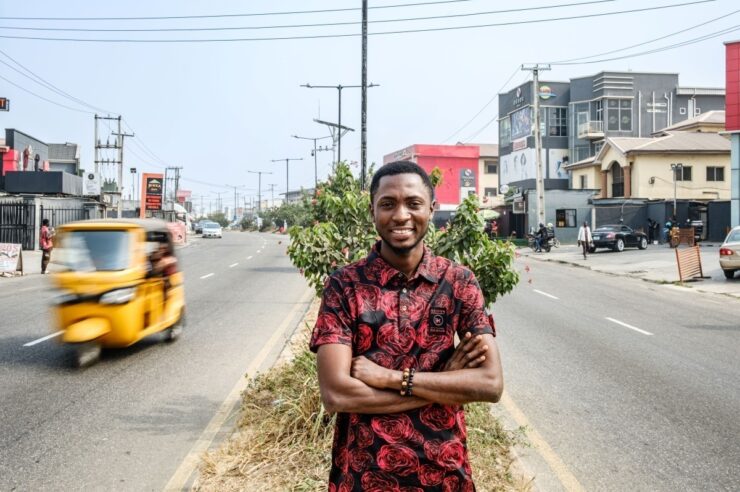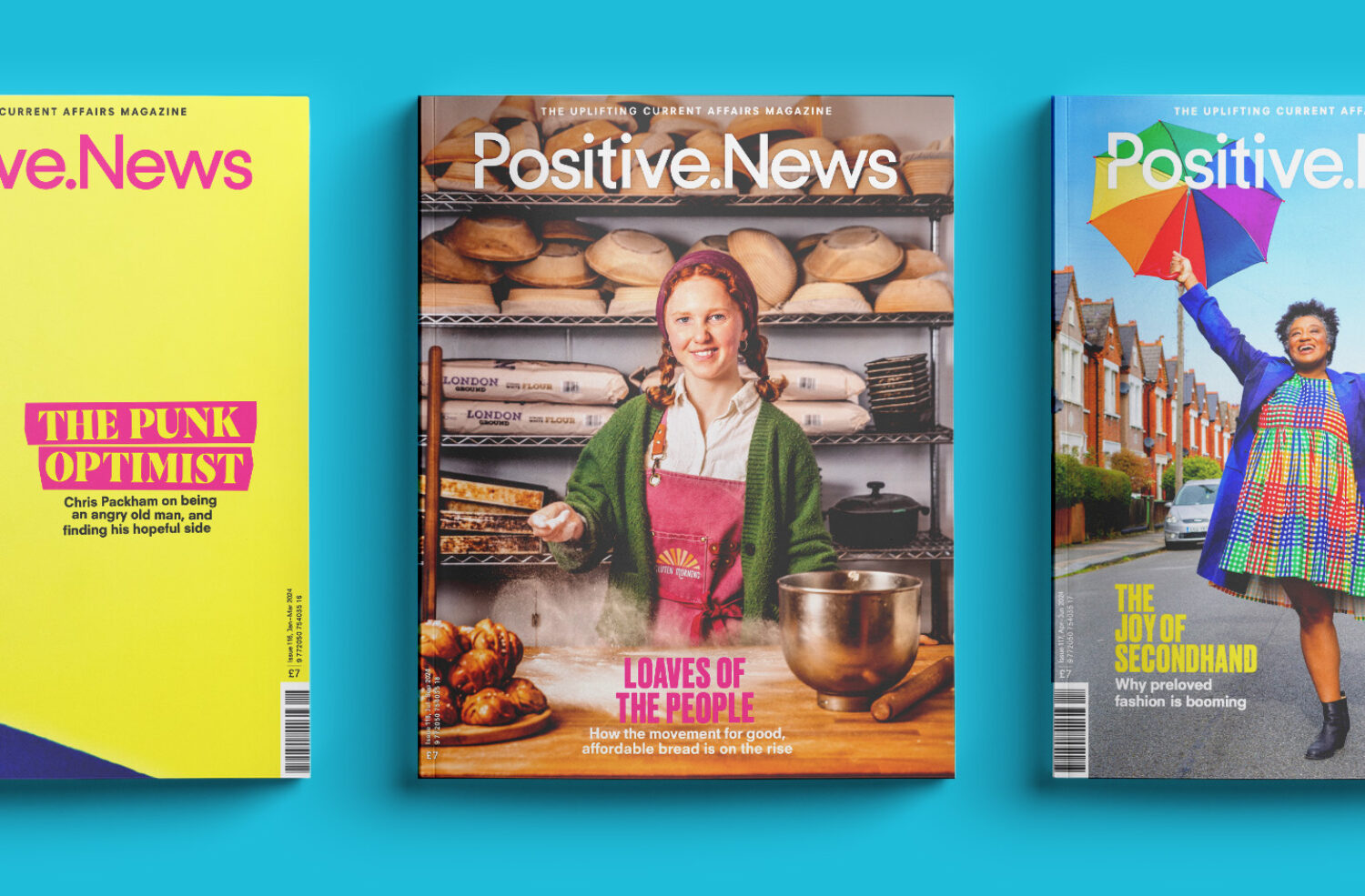How does it feel to photograph people when the portraits relate to their mental health? Skilled snappers from across the world, who we commissioned for our Developing Mental Wealth series, tell the stories behind their best shots
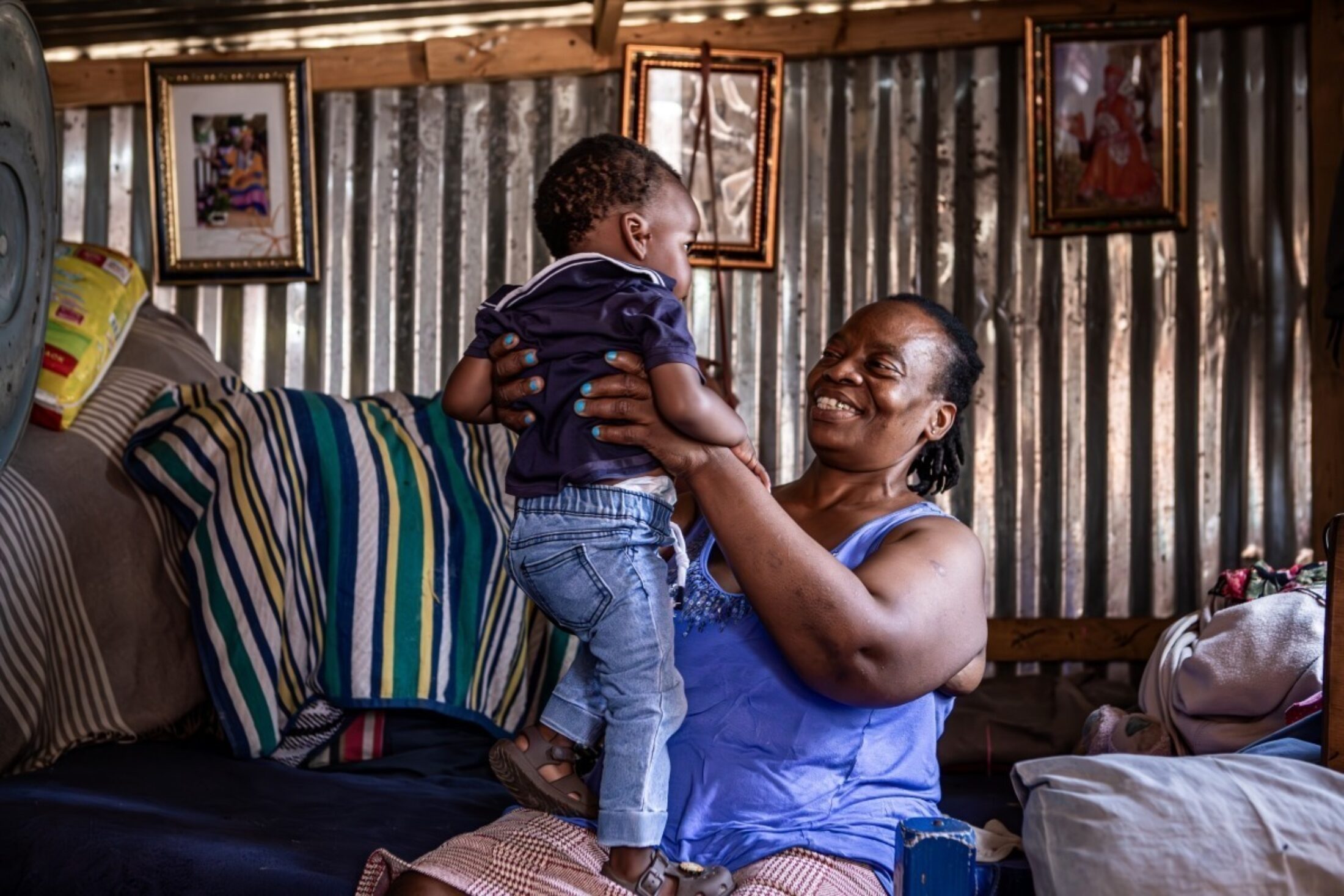
Phindi Mgele, a South African mother who has benefited from a travelling caravan that brings pioneering creative therapy to townships. It aims to tackle gender-based violence at its roots
Cebisile Mbonani, South Africa
“When I hold the camera and immerse myself in the scene, everything else fades away. I stop worrying about my to-do list and what could or couldn’t have been. I become fully present and aware of my surroundings.
This is exactly what happened when I met and photographed Phindi Mgele. Meeting her was a revelation, a testament to the boundless capacity of the human spirit and mind. She had recently suffered the devastating loss of her mother, sister and husband, all within a short period of time. Her pain was palpable, but despite it, her resilience and hope shine through. She is determined to rebuild her life for the sake of her son.
She shared her traumatic experience with me, and while I was taking her picture, I could sense the pain she was still feeling. To help her feel more comfortable, I asked her about the framed pictures that were behind her, pictures of herself and her mother. I also observed that she likes to keep her son close to her at all times. I wanted to use both elements to capture her resilience and strength through my pictures. With every photograph I hope to learn something, and Mgele’s story reminds me to keep fighting on the battlefield of my own mind, to never give up, and to always try again.”
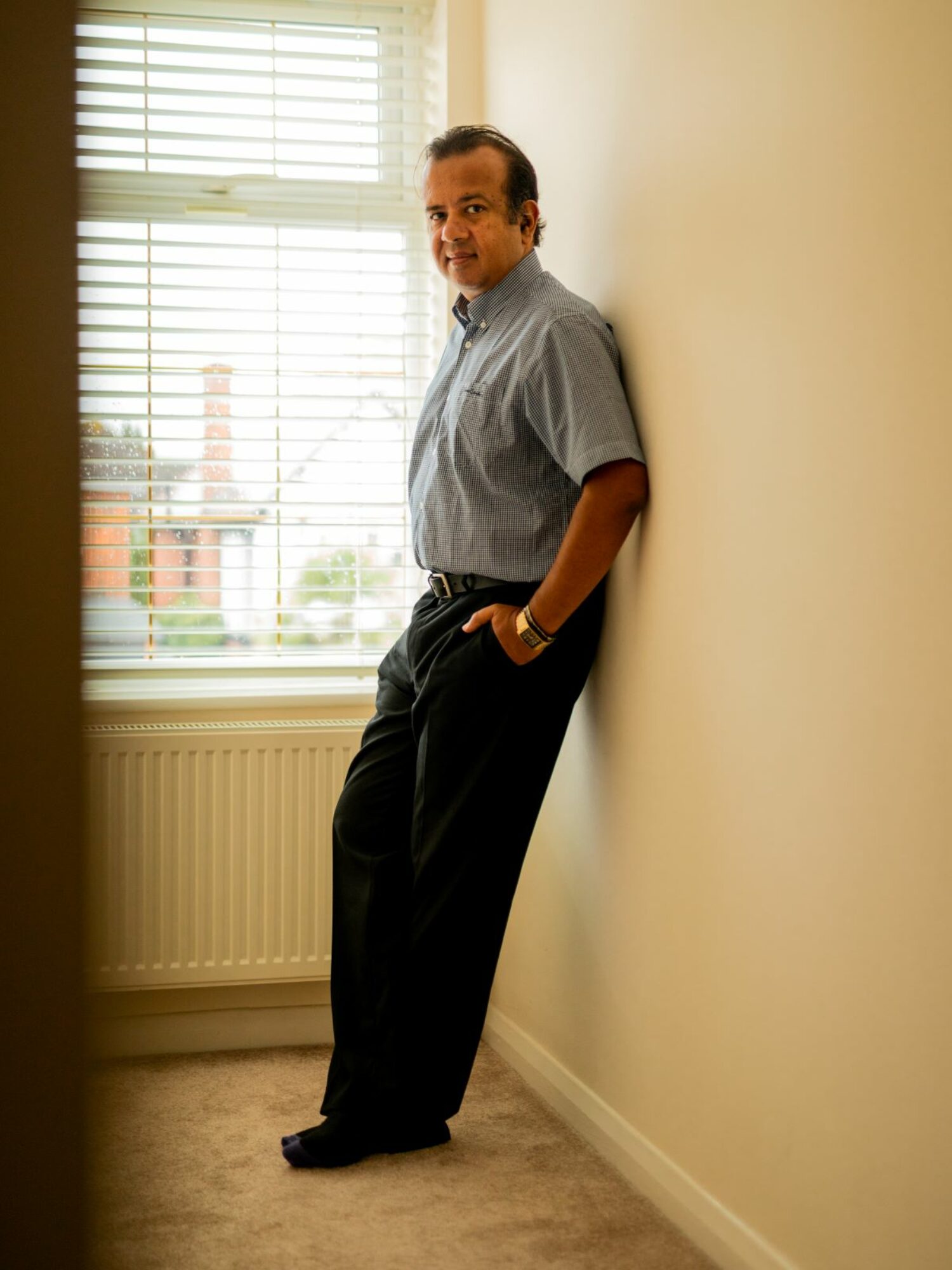
Dr Russell Razzaque, the east London-based psychiatrist who has been key in bringing the Finnish ‘open dialogue’ approach to treating psychosis to the UK
Sam Bush, London
“I was commissioned to shoot psychiatrist Russell Razzaque in the summer of 2023. I arrived at his home in north London on a drizzly July morning, I had been hoping for sun but this is England after all. After photographing him in his office, we made our way downstairs to say our goodbyes but as we did, I noticed a window at the end of the hallway where the sun had just started to creep through the clouds. I quickly asked Russell to lean against the wall and look back to me – and that was the shot. I like the way the window almost looks like a light at the end of a tunnel or a new horizon. I thought it was a nice visual metaphor for the story and his role in pioneering the new approach to psychiatry.”
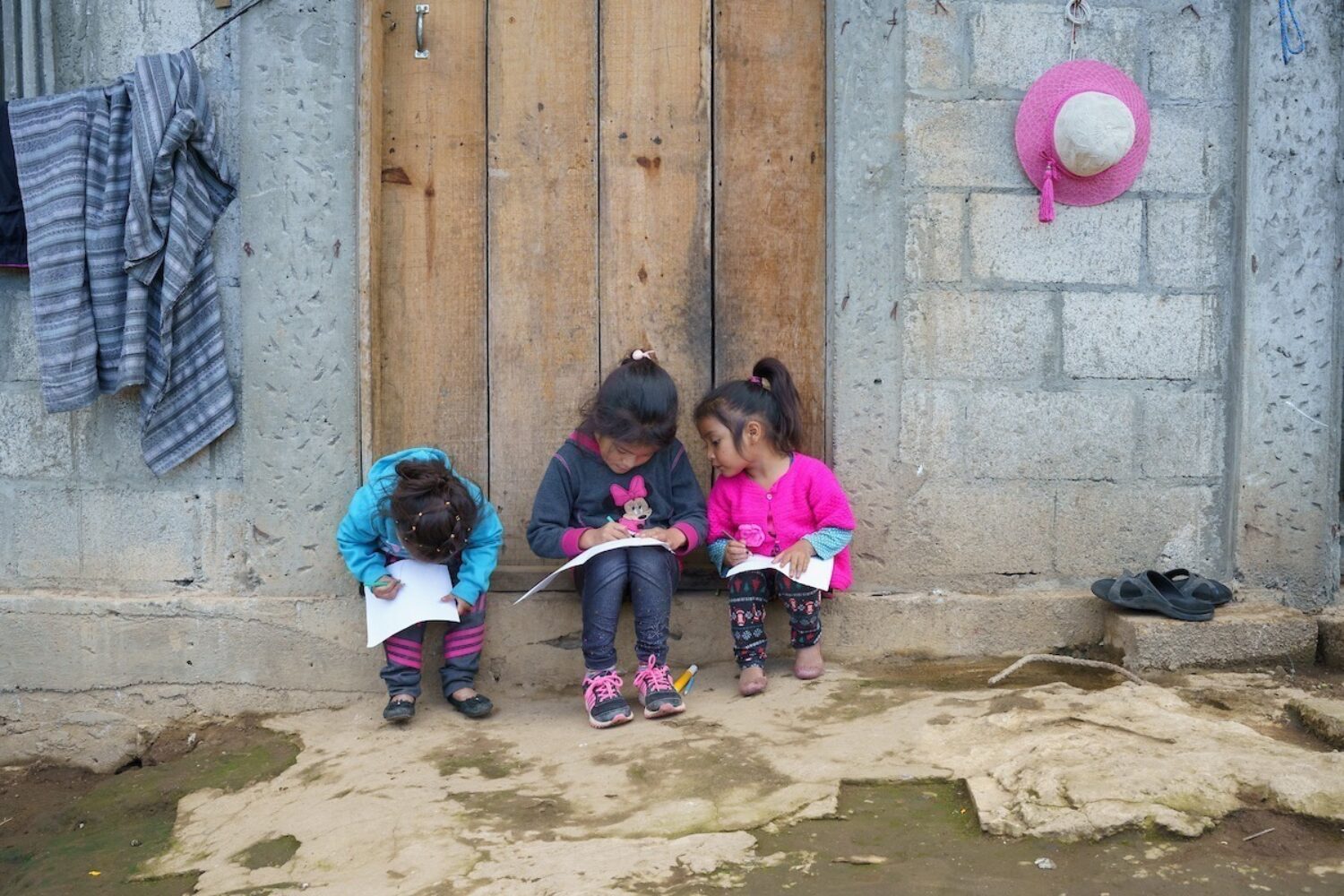
Indigenous children in the Guatemalan highlands draw while their mothers hold a women’s circle, empowering each other to find their voices after centuries of suppression
James Rodriguez, Guatemala
“I thought this photograph was one of the most meaningful moments I witnessed on my trip to the Guatemalan highlands to photograph the Buena Semilla project, a community collective using women’s circles to revive Indigenous concepts of mental health. During the women’s circles, the participants draw in order to express their feelings. The little girls who were accompanying their mothers immediately wanted to do so as well. I thought this was representative of numerous effects from the programme: community-building at different levels (not just the women), good examples for future generations (for the kids), harmony, promoting education … It really touched me since I am a father of two young girls myself.
When I photograph groups of Indigenous women in Guatemala, I tend to take my time before I start documenting. After presenting myself, explaining my reason for being there, and asking for permission, I sat back and watched from afar first. This is when I noticed the girls were having their own little circle, and decided to photograph them.”
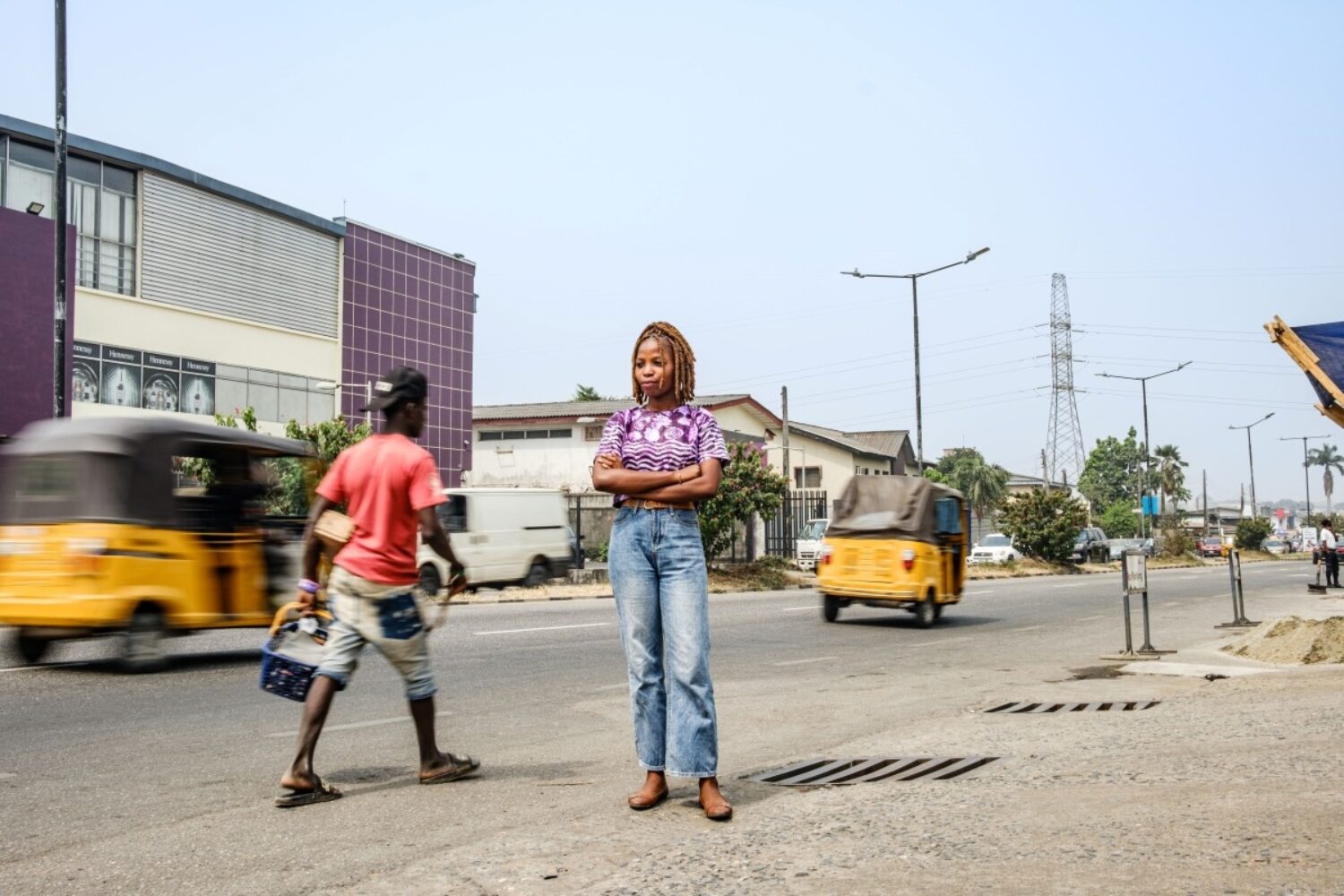
Ayomide Olude, project manager of The Eco-anxiety in Africa Project, which has launched a climate cafe in Lagos, helping Nigerians process their emotions around the climate crisis
Taiwo Aina, Nigeria
“My favourite photograph from my visit to Nigeria’s first climate cafe is this portrait of Ayo, the project manager of The Eco-Anxiety Project, the organisation behind the cafe. I had photographed Ayo already in the cafe but I wanted something more, a picture that is full of colour and that will tell a story of a place too. Ayo is based in Lagos state in Nigeria: she commutes around the city using tricycles and the local Danfo buses [the yellow minibuses that carry passengers for a fee as part of Lagos’ informal transport system]. This portrait of Ayo shows her connection to the climate and her city, with the little trees, the buzz of the city and the passage of tricycles around her.
Listening to people at the Zen Cafe while taking photos has made me think differently about my surroundings. I’ve started giving my plastic waste to shops that reuse it instead of throwing it away. I’ve also learned about ‘eco-anxiety’ and how people in the community deal with it. It’s made me more mindful about waste and more aware of environmental issues.”
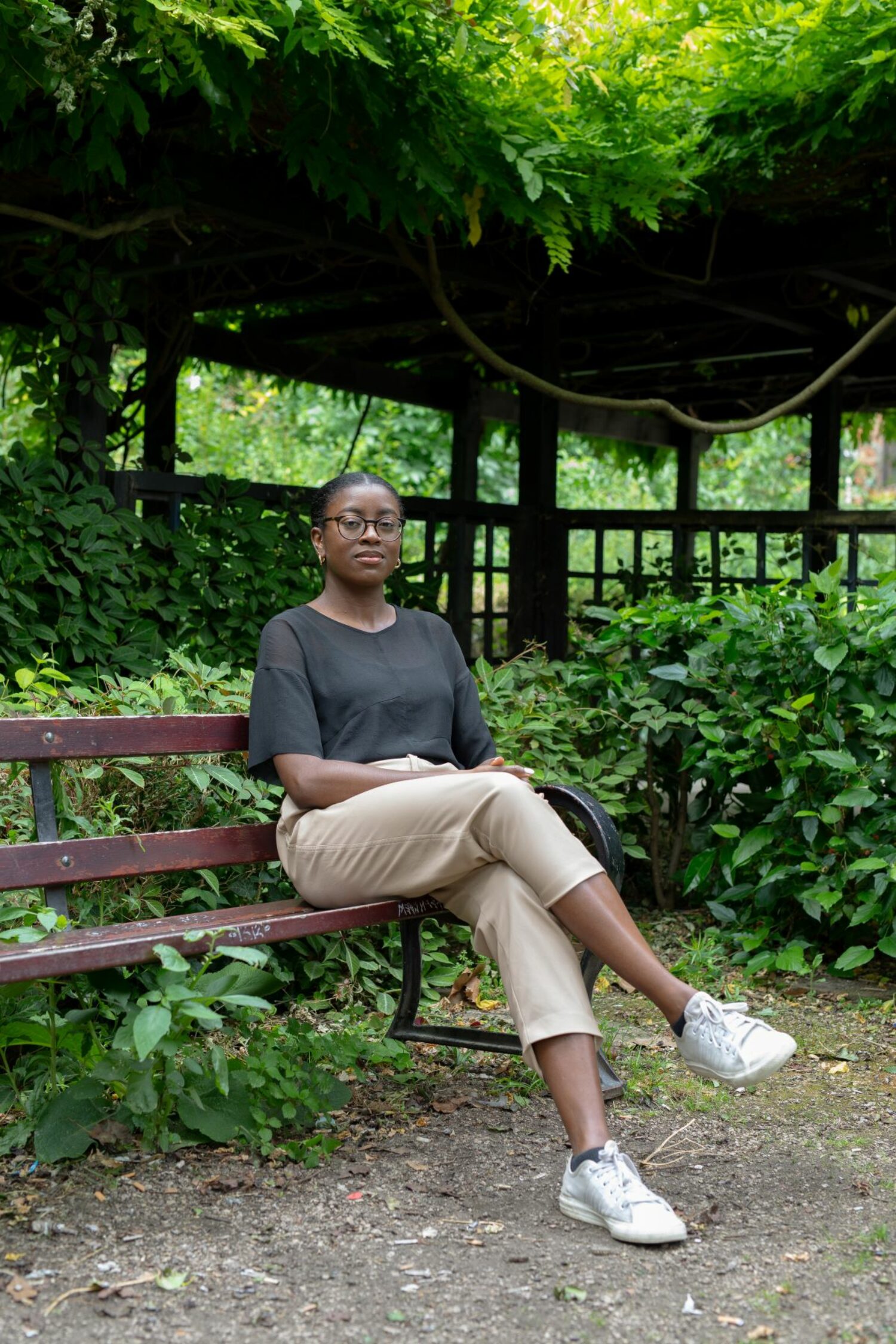
Emma McKenzie, who is doing a PhD on the Finnish approach to psychosis ‘open dialogue’, in relation to ethnic minority groups
Anselm Ebulue, London
“Emma told me she wasn’t used to being photographed but her comfortable demeanour comes through and I like how it shows how she trusted me with the camera. As a PhD student at University College London studying the open dialogue approach to psychosis, she was one of the interviewees for the story about the UK trial of Finland’s unique approach to mental healthcare.
Before I met her I did a quick scout of the surrounding area. I didn’t want to stray too far away from her work, but we stumbled across this small park and I was immediately drawn to it.
The natural environment created a sense of idyllic calmness that belied the fact that we were in the middle of the city at the peak of lunchtime. It looks like it could have been taken in a nature reserve rather than in central London. It was quite peaceful at first but Emma wasn’t fully able to relax because we could hear some rustling in the bushes behind her. We didn’t see any rats but decided not to stay on the bench for too long as a result. We managed to get some quality time there before some city workers descended on it for lunch.”
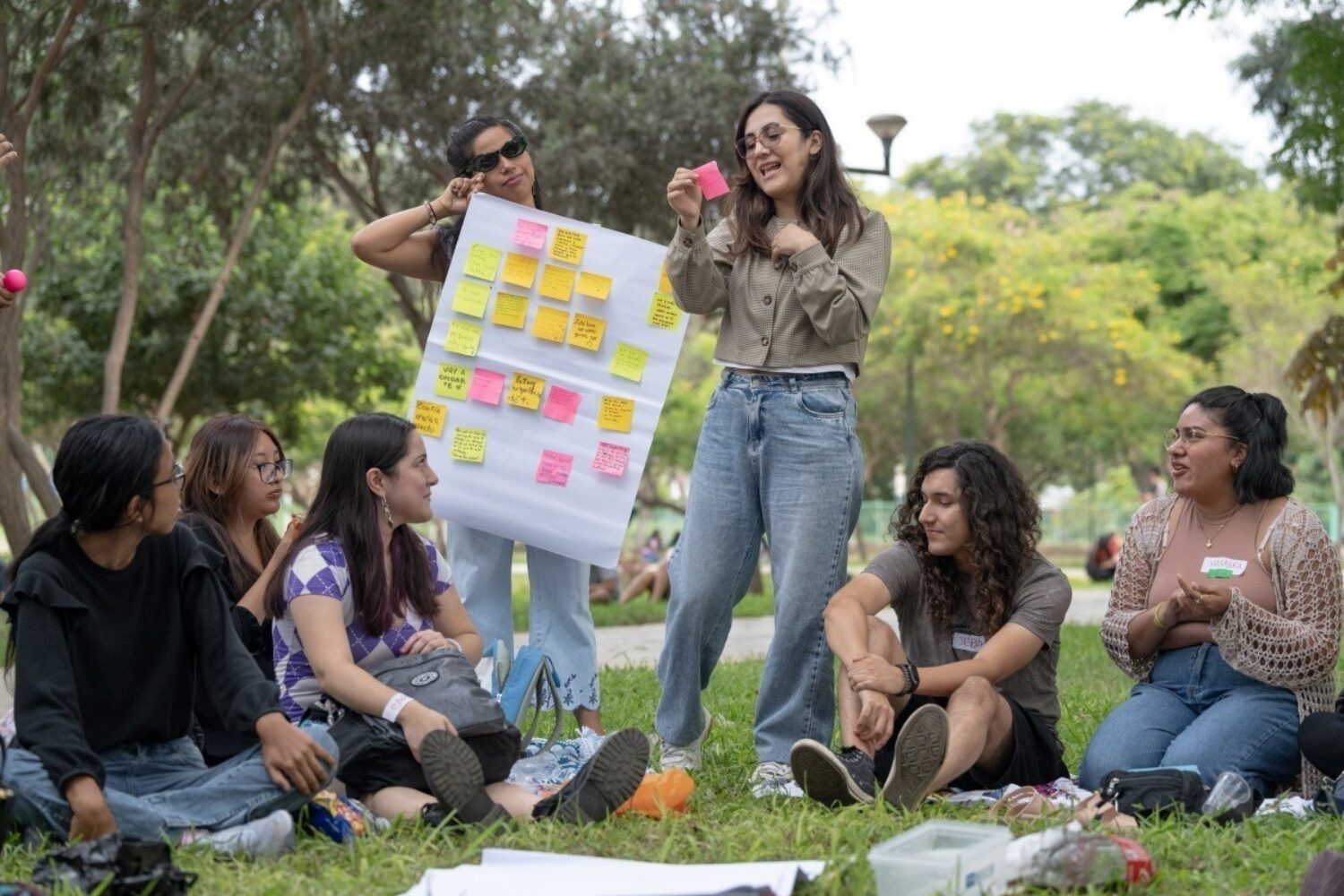
Mayra Orellano and Alejandra Montoya, co-founders of Coalition Neurodivergent Peru, which is liberating Peruvians from stigma and abuse. It began as a picnic meet-up in the park
Angela Ponce, Peru
“A few weeks ago, I had the opportunity to attend a picnic in Lima, Peru where neurodivergent people share their experiences and talk about their daily lives. Others just listen until they want to talk. It was a really friendly space.
I wanted to just be a witness, so I had to be careful that the camera didn’t become an interruption. After introducing myself, I sat between them and listened before starting the shots. This is one of my favourite images and moments from the meeting. The founders of the collective read the notes that each member wrote for their inner child, really beautiful messages that contained some nostalgia for the past.
The testimonies are anonymous, but it was obvious that more than one person identified with each message when listening to them being read aloud. These spaces are necessary to support the community and a rare occasion where mental health is no longer taboo.
At the end of the assignment, I was left with a feeling of hope that there are changes that are happening for the better and that they are driven by young people.”
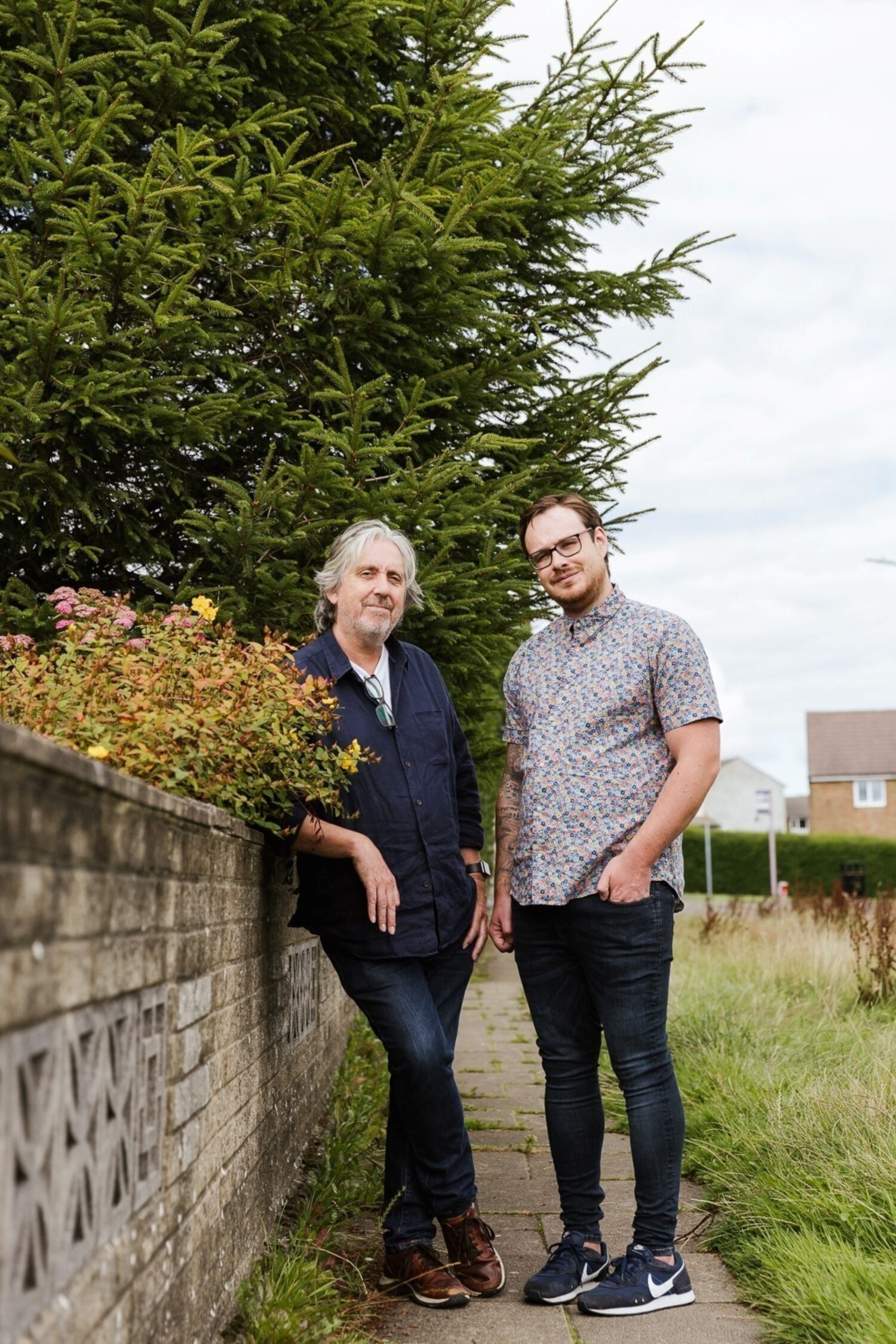
Oliver (pictured above right), who was diagnosed with schizophrenia in his teens. He believes that the Finnish ‘open dialogue’ approach to psychosis could have transformed his experience of mental illness for the better
Joanne Crawford, Halifax
“When I was planning this shoot, I figured that the picture of Oliver and his dad needed to show their close relationship to each other but also not to dismiss the nightmarish few years they have had.
We did the shoot near Oliver’s house and I wanted to show that he lives just on a very typical residential street. We tried a few different set-ups but this one with the foliage, the wall for his dad to lean on and the houses in the background stands out the most to me. They both look at ease but as the article discusses incredibly serious topics about their life, I made sure it wasn’t overly smiley or artificially ‘happy’. Oliver and his dad were not used to having their picture taken so I worked quickly, constantly putting them at ease and showing them the pictures as we went.”
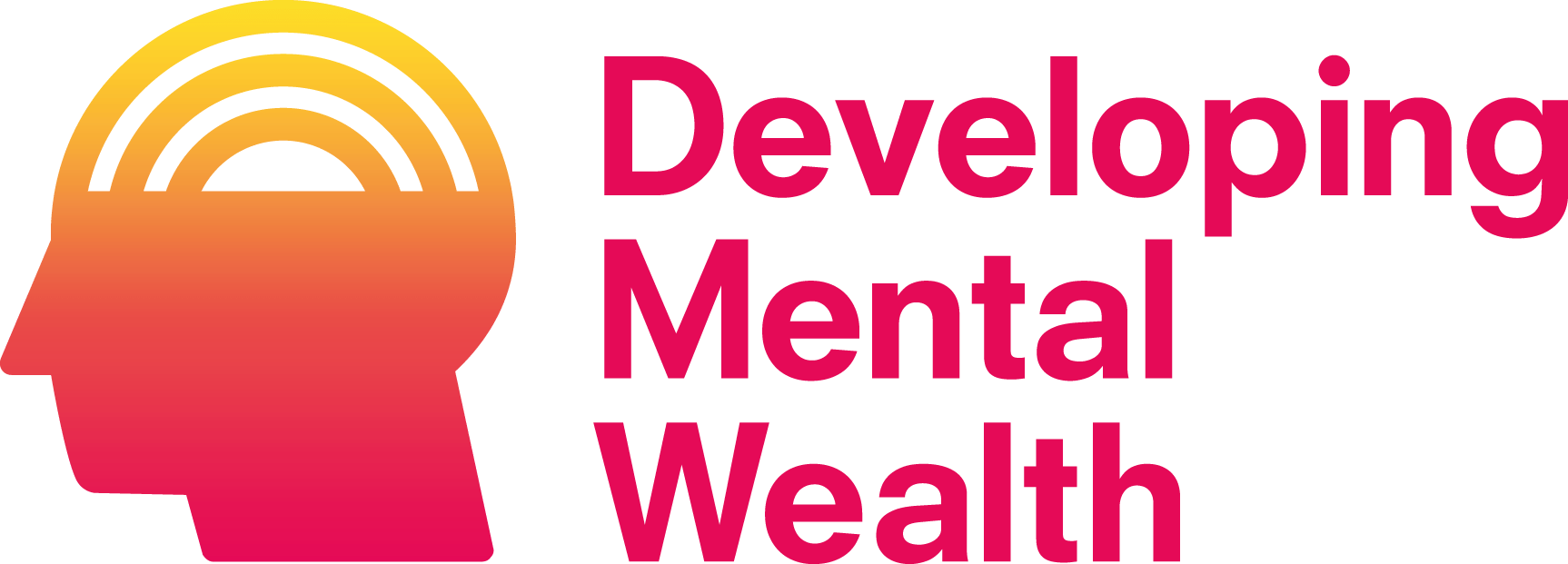 Developing Mental Wealth is a series produced by Positive News and funded by the European Journalism Centre, through the Solutions Journalism Accelerator. This fund is supported by the Bill & Melinda Gates Foundation
Developing Mental Wealth is a series produced by Positive News and funded by the European Journalism Centre, through the Solutions Journalism Accelerator. This fund is supported by the Bill & Melinda Gates Foundation
Support solutions in 2024
Positive News is helping more people than ever to get a balanced and uplifting view of the world. While doom and gloom dominates other news outlets, our solutions journalism exists to support your wellbeing and empower you to make a difference towards a better future.
But our reporting has a cost and, as an independent, not-for-profit media organisation, we rely on the financial backing of our readers. If you value what we do and can afford to, please get behind our team with a regular or one-off contribution.
Give once from just £1, or join 1,400+ others who contribute an average of £3 or more per month. You’ll be directly funding the production and sharing of our stories – helping our solutions journalism to benefit many more people.
Join our community today, and together, we’ll change the news for good.
